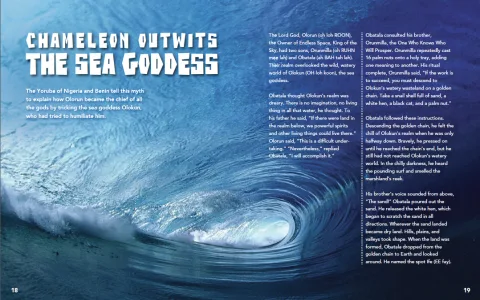My Coin Collection Disaster
Okay, so I dug out this dusty box of old coins my uncle gave me years ago. Seriously forgotten about them. Covered in weird grime and dirt. Figured, hey, maybe some are worth something? Especially those funky-looking ones with guys in togas. Grabbed the whole pile, went online searching “old coin prices” and got totally overwhelmed. Auction sites? Dealer listings? Crazy confusing numbers. No idea where to even start. Figured I needed a plan.
My First Mistake (Cleaning!)
Big mistake number one. Saw a coin that looked, well, super dirty. Thought “Shine it up!”. Used… seriously, I used some dish soap and an old toothbrush. Scrubbed away like a maniac on this little bronze guy.Huge. Regret. Turns out I might have scrubbed off centuries and value! Left weird scratch marks too. Lesson learned the hard way: leave cleaning to the crazy pros. Just lightly brush off loose dirt with a soft brush. That’s it.
Figuring Out Who the Heck is on the Coin
Right, time to actually identify these things. Had one silver coin with a dude wearing a sort of helmet on one side and an owl on the other. Looked vaguely familiar? Searched “greek coin owl helmet guy”. Bingo. Tons of images popped up. Found out it was an ancient Athens coin, super common type called an “Owl Tetradrachm” (yeah, fancy name). Then found this ruler’s name on another: “Alexandrou“. Knew that sounded important! Searched “Alexander the Great coins“. Slowly starting to match faces and names using search engines and free museum image sites. Felt like detective work. Slow but satisfying.
The Condition Blues
Thought I had a winner. Found a coin that matched one online labeled “Rare!”. Got excited. Pulled it out. Then looked closer. Ouch. It was worn down smooth in places.Sharp details? Nope. Edges looked like they’d been nibbled on. Searched “coin condition terms”. Terms like “Fine” or “Very Fine” started making sense. Realized mine was probably just “Good” at best, which basically means not worth a ton. Flipped coins over and over, holding them under a bright lamp, feeling almost sad looking at all the little scratches and dings I hadn’t noticed before. Condition is everything.

Where to Sell? More Headaches
So, had a few potentially okay ones identified. Tried to see what people were actually paying. Auction sites felt scary. Professional dealers? How do you even find a legit one? Joined a couple of online forums for ancient coin lovers. Lurked for ages. Saw people talking about specific dealers or auction houses. Prices discussed seemed all over the place. Saw my Athens “Owl”, but in way better condition than mine, go for decent cash. Mine? Probably coffee money. Asked a friendly guy in a forum chat for a rough idea on one specific coin.Got some honest, maybe brutal, feedback. Most weren’t retirement fund material.
What I Learned the Hard Way
This whole thing took weeks of evenings. Here’s the messy takeaway:
- DON’T clean aggressively. Almost cried thinking about that toothbrush.
- Use what you see. Google Images is your friend for matching pictures. Names, faces, animals – search for them!
- Condition kills dreams. A perfect coin is worth tons. A worn one? Maybe not. Look hard at the details.
- Getting real prices is tricky. Sold listings in forums gave the best idea, not just dealer asking prices.
- Most ancient coins aren’t lottery tickets. But knowing what you have feels cool anyway.
Put my dusty (and slightly cleaner, sorry!) coins back in the box. Feels different now. I know some of their stories. And maybe, just maybe, that one Alexander coin might get me a nicer coffee sometime. Still learning!










